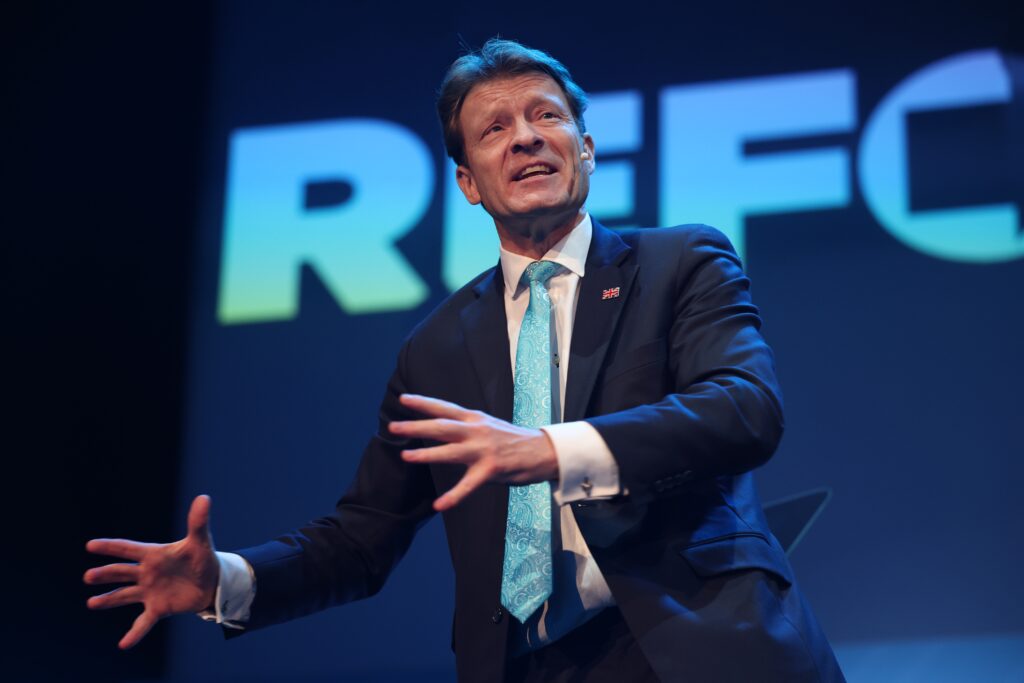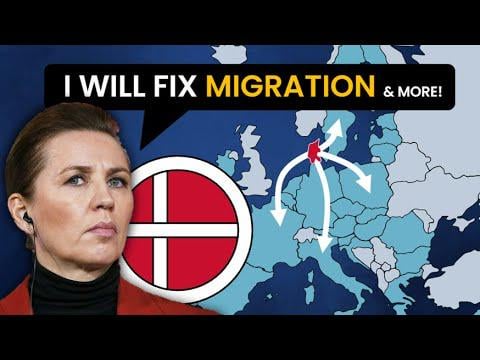In a recent speech during French President Emmanuel Macron’s state visit to the U.K., King Charles made a reference to borders that sparked controversy. Richard Tice, the deputy leader of Reform UK, criticized the King, suggesting that Queen Elizabeth would have been more cautious in her choice of words. Tice implied that the monarch might not have even reviewed the speech before delivering it, drawing a parallel to Keir Starmer’s admission of not reading his speeches beforehand.
During the state banquet at Windsor Castle, King Charles highlighted the challenges faced by both countries, emphasizing the lack of borders for certain threats and the issue of irregular migration across the English Channel. However, Tice expressed disapproval of the “Establishment” for not including Nigel Farage or himself in the guest list, despite their party’s leading position in national polls.
The week also saw a significant defection to Reform UK, with former Conservative chairman Jake Berry joining the party. Tice emphasized the distinctiveness of his party from the Tories, ruling out any possibility of an electoral pact with the Conservative Party, which he described as having a “toxic brand.”
In a candid interview, Tice discussed his party’s stance on various issues, including his party’s refusal to align with the Conservatives and his views on democracy. Despite stepping down as Reform UK leader to make way for Farage’s return, Tice remains actively involved in politics, balancing his duties with visits to his partner in Dubai.
Amidst discussions on the future of the Labour Party and trade tariffs faced by U.K. cheesemakers in Canada due to Brexit, the political landscape appears tumultuous. Expert opinions and analyses hint at potential shifts in leadership and the consequences of political decisions on international trade relations.
As the political scene evolves, with alliances forming and ideologies clashing, the implications reach far beyond individual speeches or party defections. The intricacies of governance, leadership choices, and diplomatic relations shape the future trajectory of nations, impacting citizens and industries alike. The delicate balance between tradition and modernity, sovereignty and cooperation, continues to be tested in the ever-changing landscape of global politics.









Leave feedback about this